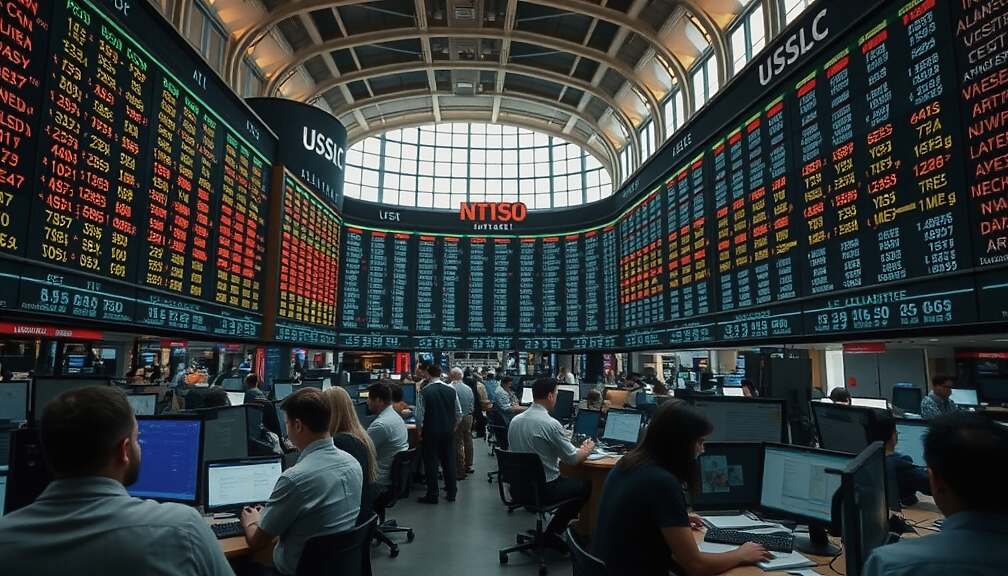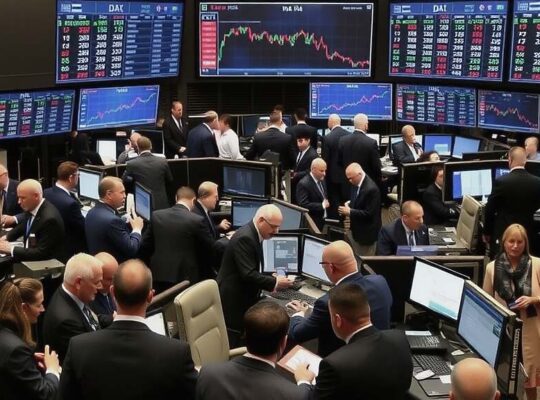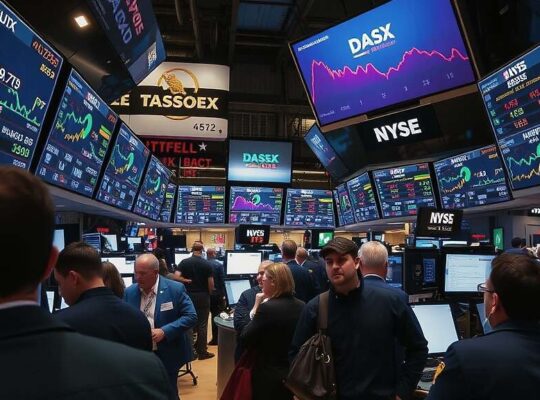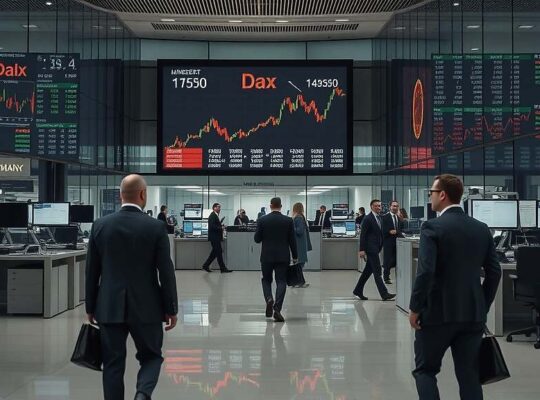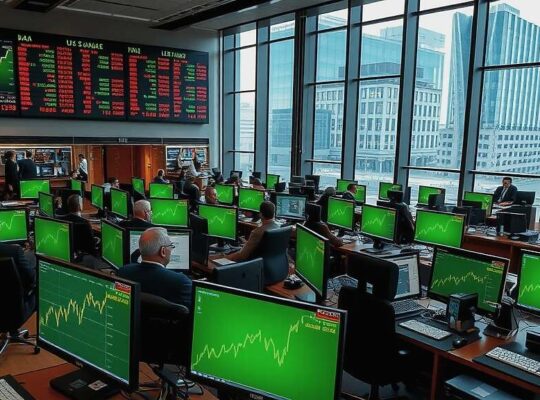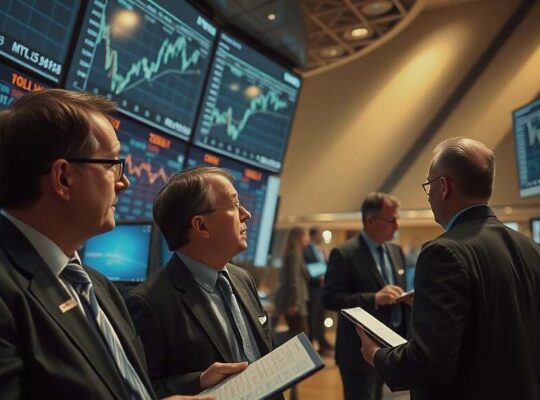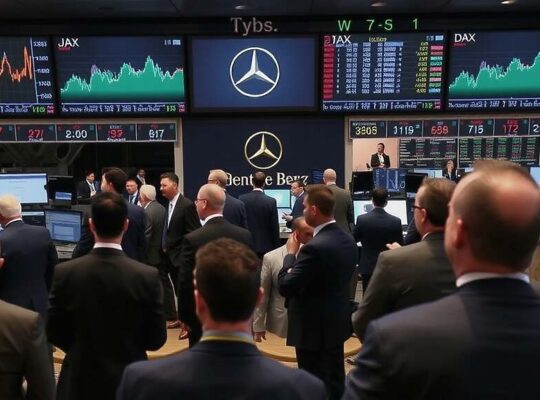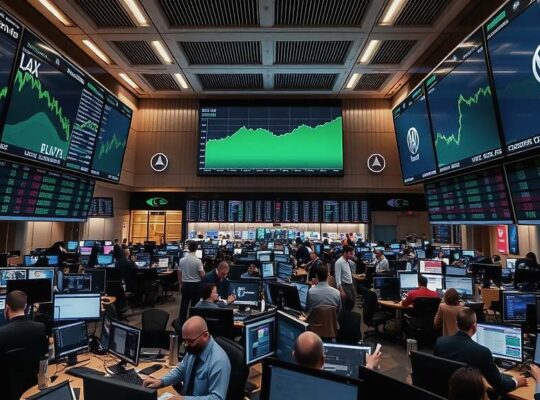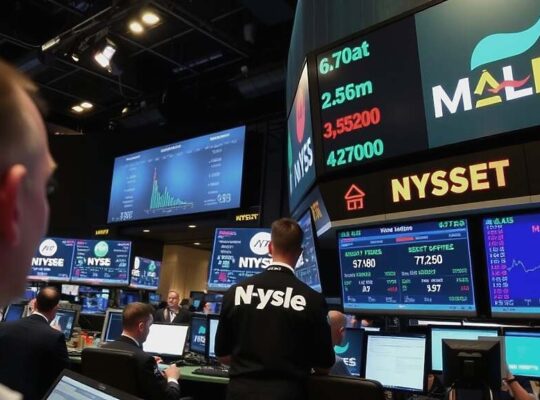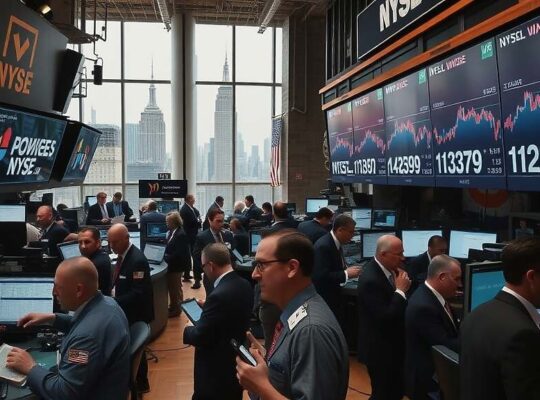The German DAX index experienced a slight decline on Wednesday, closing at 24,009 points – a decrease of 0.2 percent compared to the previous day’s close. After an initial negative start, the index quickly recovered and steadily gained ground throughout the morning, before reversing course and entering negative territory in the late afternoon.
Market analyst Andreas Lipkow attributed a degree of support to the ongoing US quarterly earnings season, particularly the results being released by major US banks. “The reports from JP Morgan, Citi and today, Goldman Sachs, are providing a positive influence” Lipkow stated. Goldman Sachs, in particular, outperformed market expectations, benefiting from strong trading performance. He also noted the market’s demonstrated resilience despite prevailing geopolitical tensions, observing, “It’s remarkable how robust the German benchmark index has proven to be in the current environment.
Shares of Commerzbank and Deutsche Bank were among the top performers on Frankfurt’s trading list, closely following Munich Re. At the lower end of the performance spectrum were shares of Porsche, BASF and Volkswagen.
Energy markets displayed contrasting trends. Natural gas prices rose, with a Megawatt-hour (MWh) for delivery in August costing 35 euros, a 1 percent increase from the previous day. This translates to a potential consumer price of at least 8 to 10 cents per kilowatt-hour (kWh), including taxes and charges, if this price level persists.
Conversely, oil prices declined; a barrel of Brent North Sea crude was trading at $68.11, a decrease of 60 cents or 0.9 percent from the previous trading day’s closing price.
The Euro strengthened against the US dollar, reaching a rate of 1.1670, with one US dollar being equivalent to 0.8569 euros.


